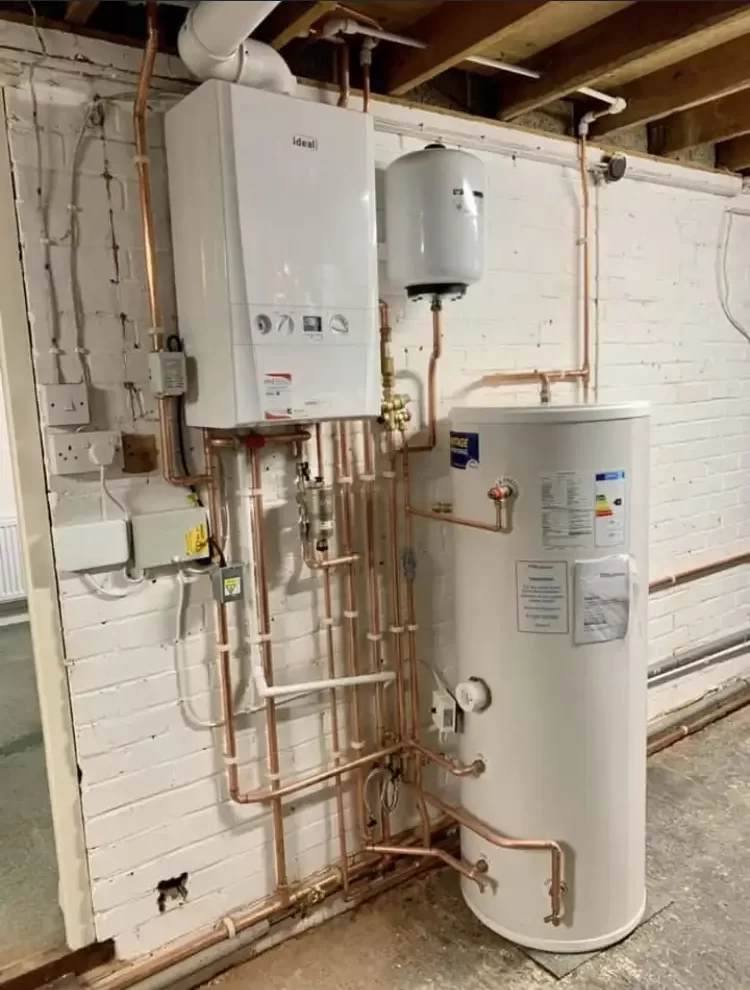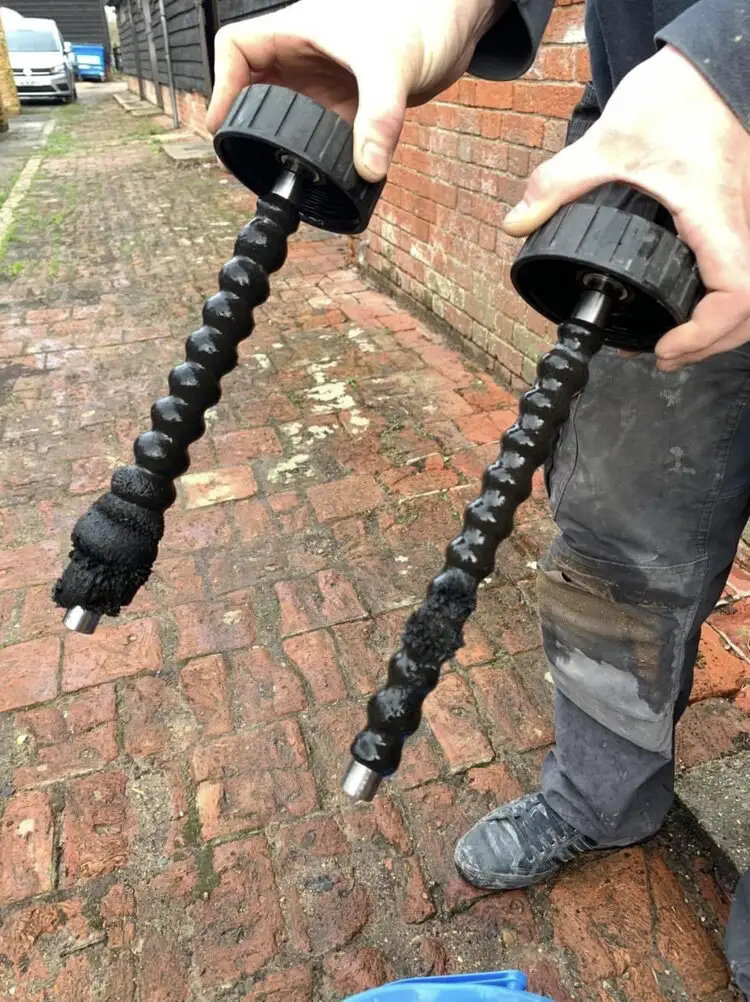Landlord Certificates
Helping landlords keep their properties compliant
As a landlord, the safety of your properties and the tenants renting them should be your top priority. It is your responsibility to ensure that any properties you rent out are safe, secure and comfortable, and this includes making sure all gas appliances are compliant with safety regulations.
After all, there’s more to being a landlord then focusing on the decoration of your home and responding to queries quickly. The consequences of renting an unsafe property could be huge, so you need to make sure you take all viable steps to keep your tenants safe in their new home.
What is a landlord gas safety certificate?
As mentioned previously, one of your responsibilities as a landlord is to ensure that any properties you rent are safe and habitable. This includes making sure that any gas appliances within the property are well-maintained and safe for use, according to the standards set out by the Gas Safety (Installation and Use) Regulations 1998.
Under these regulations, landlords are legally required to maintain gas fittings and flues which serve gas fittings within the property. They must also ensure that all appliances and flues are checked within 12 months of being installed and every 12 months after this point by a Gas Safe registered engineer.
During this inspection, the engineer will inspect all gas appliances within the property, including gas cookers, underfloor heating, gas heaters, gas boilers and gas fireplaces. If, however, your tenants own gas appliances which they have brought into the property, it is not your responsibility to have these inspected.
Once all gas appliances are checked and approved, you should be provided with a landlord gas safety certificate. This is a record of the inspections that have taken place and acts as your proof of compliance with the 1998 regulations set out by the government.
Upon receiving your landlord gas safety certificate, it is imperative to keep a copy for a minimum of two years. You should also provide a copy to your tenants within 28 days of the inspection for their own records, or supply new tenants with a copy of your latest inspection if it was carried out before the start date of the tenancy.
Why are landlord gas safety certificates important?
Landlord gas safety certificates are a legal requirement for all landlords responsible for UK rental properties equipped with gas appliances. It is your responsibility to find a qualified and Gas Safe-registered engineer to conduct inspections of your rental properties, as failing to do so could mean that your appliances are not checked according to the government’s regulations.
The consequences of this could be huge. Poorly fitted or maintained gas appliances may leak, which can lead to gas fires and carbon monoxide poisoning, both of which can be fatal. The safety of your tenants is of the utmost importance, so you need to make sure that you’ve taken all steps to protect them against gas leaks and explosions.
Failing to comply with government regulations is also a criminal offence. If you are found to have rented out a property with gas appliances that haven’t been inspected, you may find yourself facing a £6000 fine or up to six months in prison. Your landlords’ insurance may also become void which means you will need to pay extra to resume a policy.
With all things considered, it is extremely important to make sure all gas appliances within properties you are renting out have been checked by a qualified engineer and that you have the certificate to prove it.
We are Southampton's first Verified Heat Geek
We are proud to be Heat Geek Verified. We have undertaken the robust verification process with Heat Geek to give our clients peace of mind and assurance that our expertise and experience can be relied on.

Boiler installation procedure
When it comes to having a new boiler installed there are different processes depending on how complex or complicated the boiler replacement process is. For example, there are a lot fewer steps to replacing a like-for-like combination boiler than there are for replacing a combi boiler with a system boiler. There are also more steps if you want your boiler fitted in a different location like the loft or a garage.
How much does moving a boiler cost?
Regardless of how complicated an installation is though, there are 3 broad steps that every boiler installation involves.
Removing the old boiler:
Before a heating engineer can begin fitting your new boiler, they will need to remove the old one. You can make this easier for them by clearing the space around your boiler and ensuring they have easy access to it. If your boiler is installed in the attic, it should be accessible via a set of stairs and a safe walkway, and the room should be lit sufficiently. For a more complicated boiler fitting or the relocation of a boiler, the heating engineer may need to remove old pipework and radiators, before installing the new boiler.
New boiler installation:
Once the old boiler and any old pipework has been removed, the heating engineer will begin the installation of your new boiler and its pipework. Depending on how much work is required and how complex the job is, this part of the process can be extremely quick, especially if you're getting a like-for-like boiler.
New boiler product tour:
Having fitted your new boiler and checked that it has been installed properly, the heating engineer will then provide you with a product tour. This covers how to use the controls, what features the boiler has, and how to set a schedule dictating when the boiler will be on or off. Be sure to take note of your new boiler's features and ask questions while you have the heating engineer present. This will help you to use your new heating system effectively and efficiently, and is a great chance to get answers from an expert.

Do you need the help of a heating expert?
Get a free quote along with professional advice














